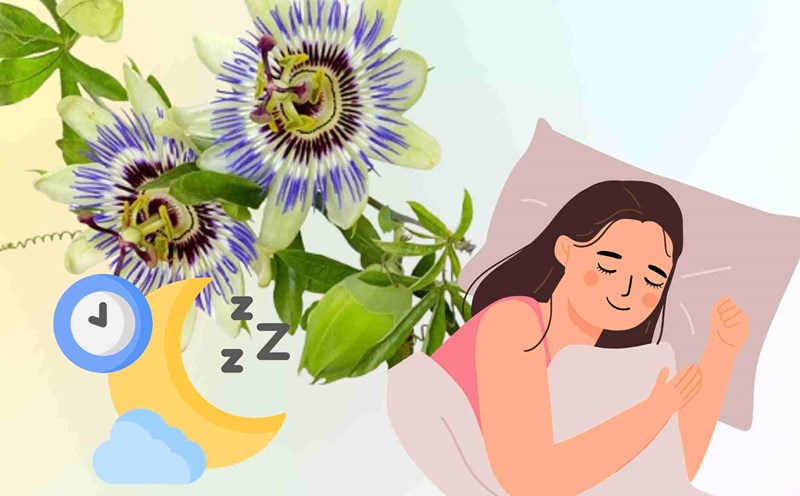Sleep late but get enough sleep: Acceptable if well controlled
Dr. Tapaswi Krishna, a sleep medicine expert at Gleneagles Hospital (Hyderabad, India), said that if a person can sleep continuously for 78 hours in a dark, quiet, uninterrupted environment and maintain a stable schedule, the negative effects of staying up late can be reduced.
Ms. Krishna also emphasized an important factor in sleep management, including limiting electronic devices before bed, appropriate sleep space, and especially consistency in sleep and wake times each day.
Not everyone is suitable for night shifts
However, not all doctors agree. Dr. Manjusha Agarwal, senior internist at Gleneagles Hospital (Mumbai), warned that the habit of sleeping late is not in line with the natural biological cycle of humans.
Quality sleep is not just about the number of hours, but also about sleeping at the right time. Late sleep can disrupt circadian rhythms, which are designed to suit day and night cycles. This can easily lead to prolonged fatigue, difficulty maintaining work performance and even increase the risk of chronic diseases such as obesity, heart disease and mental health problems, says Agarwal.
Should sleep on time, regularly every day
According to doctors, maintaining the habit of sleeping and waking up on time every day helps establish a healthy biological clock. In particular, if you have difficulty falling asleep early, you should avoid caffeine in the evening and reduce the use of electronic devices near bedtime.
Late sleep is not necessarily harmful if you sleep enough, regularly and know how to take care of your sleep. But to optimize long-term health, the advice is to go to bed early and regularly every night.











